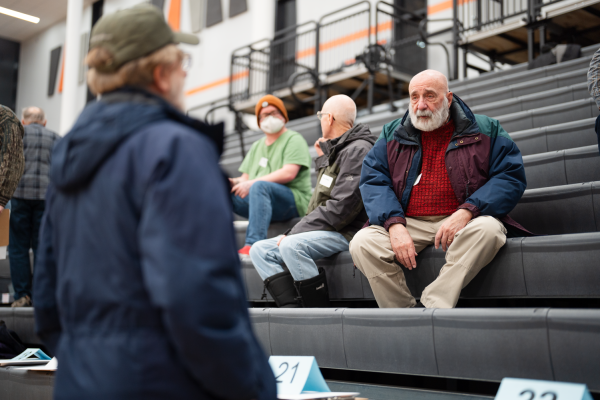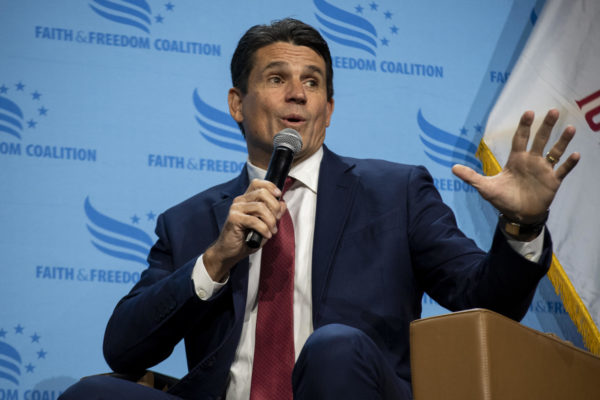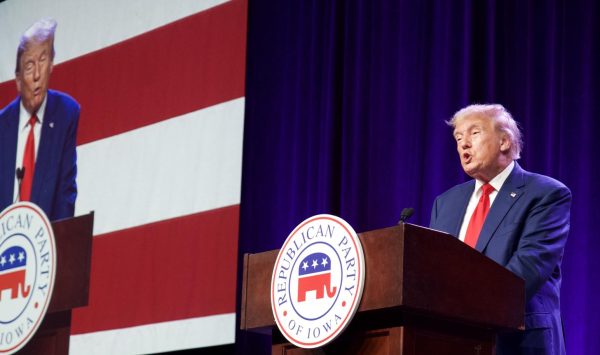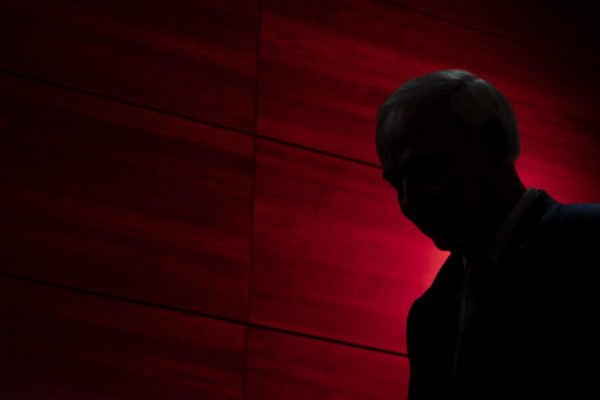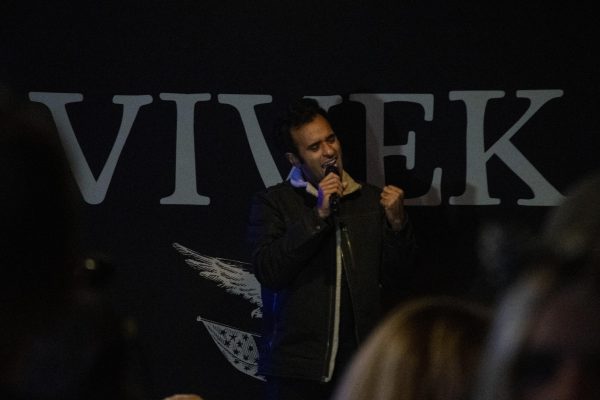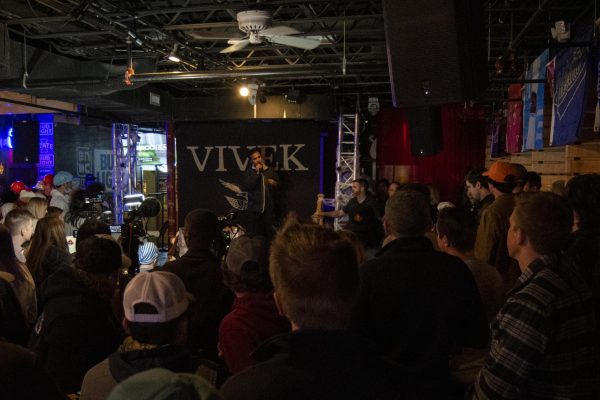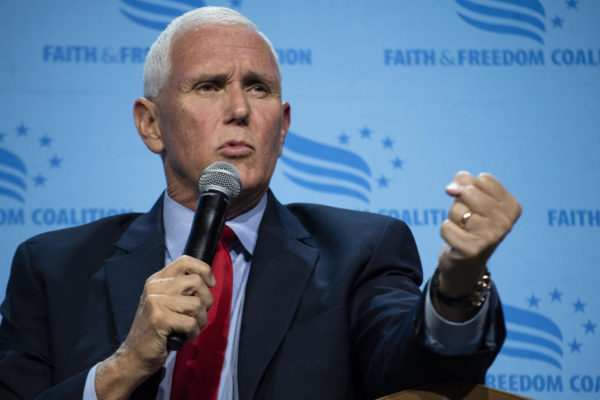Supreme Court rules for white firefighters over promotions
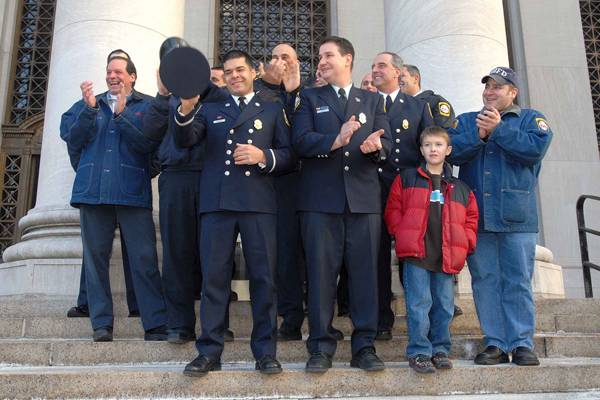
New Haven firefighters dubbed “the New Haven 20” applaud a supporter (not pictured) who joins them in solidarity outside New Haven Federal Courthouse on Jan. 9 in New Haven, Conn. Judge Sonia Sotomayor last year, along with two other judges, issued an unusually brief decision that went against white firefighters. The Supreme Court ruled that white firefighters in New Haven, Conn., were unfairly denied promotions because of their race Monday, reversing a decision that high court nominee Sonia Sotomayor endorsed as an appeals court judge. Photo: Brad Horrigan/New Haven Register, The Associated Press
June 29, 2009
WASHINGTON (AP) — The Supreme Court ruled Monday that white firefighters in New Haven, Conn., were unfairly denied promotions because of their race, reversing a decision that high court nominee Sonia Sotomayor endorsed as an appeals court judge.
New Haven was wrong to scrap a promotion exam because no African-Americans and only two Hispanic firefighters were likely to be made lieutenants or captains based on the results, the court said Monday in a 5-4 decision. The city said that it had acted to avoid a lawsuit from minorities.
The ruling could alter employment practices nationwide, potentially limiting the circumstances in which employers can be held liable for decisions when there is no evidence of intentional discrimination against minorities.
“Fear of litigation alone cannot justify an employer’s reliance on race to the detriment of individuals who passed the examinations and qualified for promotions,” Justice Anthony Kennedy said in his opinion for the court. He was joined by Chief Justice John Roberts and Justices Samuel Alito, Antonin Scalia and Clarence Thomas.
In dissent, Justice Ruth Bader Ginsburg said the white firefighters “understandably attract this court’s sympathy. But they had no vested right to promotion. Nor have other persons received promotions in preference to them.”
Justices Stephen Breyer, David Souter and John Paul Stevens signed onto Ginsburg’s dissent, which she read aloud in court Monday.
Kennedy’s opinion made only passing reference to the work of Sotomayor and the other two judges on the 2nd U.S. Circuit Court of Appeals who upheld a lower court ruling in favor of New Haven.
But the appellate judges have been criticized for producing a cursory opinion that failed to deal with “indisputably complex and far from well-settled” questions, in the words of another appeals court judge, Sotomayor mentor Jose Cabranes.
“This perfunctory disposition rests uneasily with the weighty issues presented by this appeal,” Cabranes said, in a dissent from the full 2nd Circuit’s decision not to hear the case.







